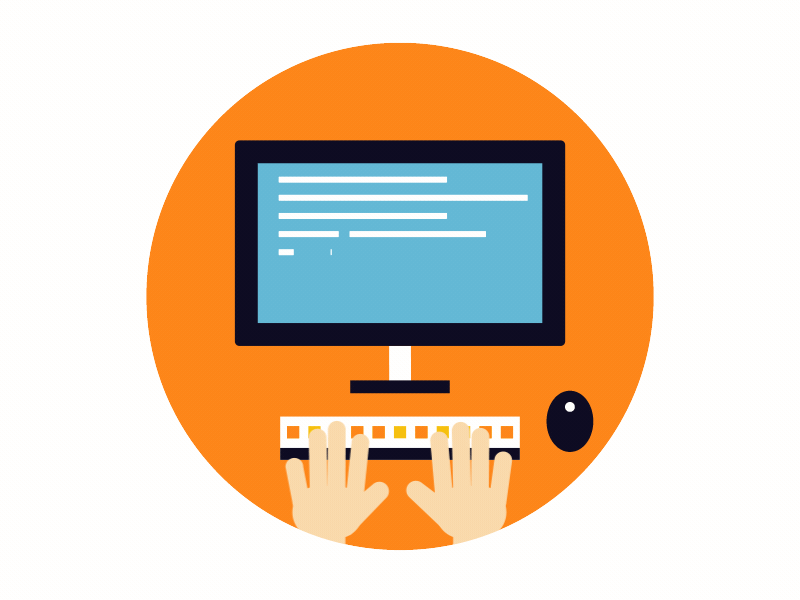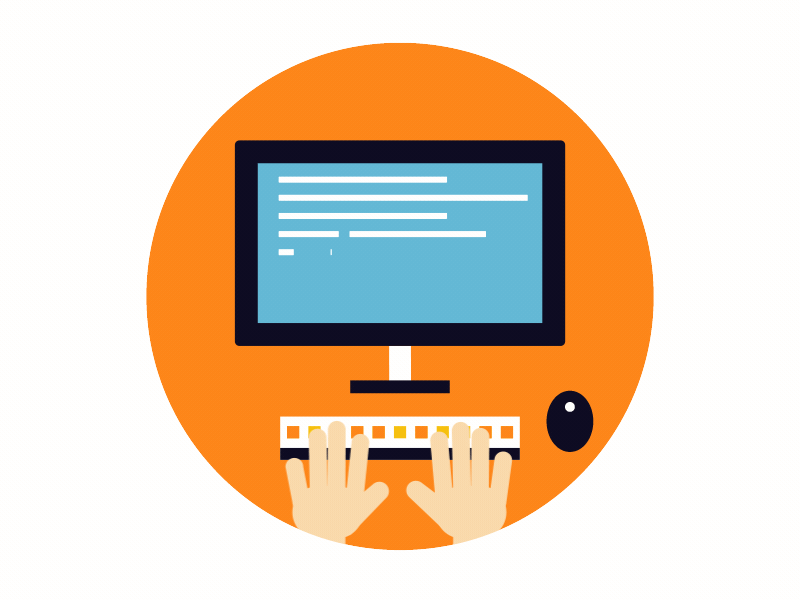What does "write" actually mean?

Think about it this way: what does "play" mean? It means different things to different people depending on their age, their interests, and their skill sets. You might play basketball with your friends in high school—but then you might find yourself playing chess with an old man when you're older. You might play guitar when you're younger—but then you might start playing drums later on in life. You might play baseball as a kid—but then switch over to soccer as an adult (hey, we've seen it happen!).
So while it's true that everyone has some idea of what "play" means and how they'd define it for themselves, it's also true that no one has the right definition because there isn't just one right definition for something as subjective as play! And so it goes with writing too: we all have our own definitions for what it is, and we all have our own goals and expectations when we sit down to write a story.

We've all been there: you sit down at your desk, pick up a pen, and start writing something. But then you stop. You look at the page and ask yourself: "What do I want to say?" And then, if you're lucky enough to figure out what that is: "How do I say it?" And then maybe even: "Who am I saying this to?"
But what if there was another way? What if writing could be less like solving an equation and more like putting on your favorite song or dancing with a loved one? What if we could write so well that our writing would be like the best thing anyone had ever heard?
The answer lies in understanding the true nature of what "write" means. Some people think it's about words, but that's not the whole story. Words are only a small part of the process. In fact, if you want to write well and successfully, you need to get past your focus on words and start paying attention to what really makes writing work: communicating with people. It's about communicating with people. It's about helping people understand who you are and what you stand for—and getting them excited about joining you on your journey.
When we write, we're not just telling stories or sharing information—we're building relationships with our audience. And when we build those relationships, we make it possible for our readers to see themselves reflected in our words.
Writing can be a powerful tool for advancing social justice and building community. It's also a way for us to express ourselves, so we can feel understood by others.

I'm sure you've heard the phrase "writing is healing," and it's true. When we write, we're able to get things out of our heads and onto paper (or a computer screen) where we can see them clearly. We're also able to explain ourselves in a way that others will understand, which helps us feel understood by them.
Writing is an act of creation—a way we can make something out of nothing. When you write, you're not just putting words on a page; you're creating meaning from the blank slate of your mind, and you're sharing that meaning with the world. And when you share your thoughts and experiences with others through writing, it helps build community with those around us who share similar experiences or viewpoints.
You may think that writing is only good for expressing your thoughts and feelings, but it's actually much more than that! Writing can also be used as a way to communicate with others in order to advance social justice issues or build community with people who share similar beliefs and values.
So next time someone asks you: "What do you write?" tell them that first of all, you're a writer. Period.
But then, tell them what kind of writing you do, and how it fits into your life as a whole. Don't be ashamed of what you do—write with pride! Don't let anyone make you feel like less than an artist because of the medium through which your art is expressed.



When does someone ask what you write? I will reply to them as I always write about myself.